Guided by the Conflict Consortium’s Standards and Best Practices document on data creation, the session began with a discussion about what was being coded. Munayer maintains that settler violence constituted a distinct form of political violence undertaken by Israeli settlers against Palestinians in Israel proper, in places under Palestinian authority and in zones that fall under neither’s jurisdiction.
While focused on settler activities, Munayer’s data also includes activities undertaken by the Israeli and Palestinian authorities against diverse targets. This broadens the focus of the database to be more concerned with conflict and violence in the relevant territory. Rather than adopt the language or label that was more broadly targeted, however, Munayer highlighted one of the forms of violence collected. This differentiates it from databases on the region such as the Levant created by Deborah "Misty" Gerner and Phil Schrodt. It also differentiates the database from distinct research projects focused on peaceful/cooperative activities.
Discussion quickly moved to the network of PMG affiliates: geographically where were they, how does one qualify to be part of the network, are some offices/staffs larger than others, how does PMG information compare against that provided by newspapers, government reports, satellite or crowd sourcing? It was clear in this case that the comparison across sources beyond the PMG is crucial and needs to be done. This is not only to check for biases but to assess “perspectives” as it is clear that different sources would likely focus on only specific events, for specific audiences and for specific reasons (see Davenport 2007). The latter point is especially important for in this case information should not be compiled together but it should be viewed as it emerges from individual sources. At present the database did not offer this type of comparison but it could and should be done.
Finally, we established that Munayer would like to make the data publicly available, but first needs to properly document the data collection, produce a User's Guide, and “clean up” the somewhat messy format that he, as the producer, can work with, but would not be appropriate for other users. He shared that it was not a top priority, but something he hopes to do down the line. We expressed interest in assisting in whatever ways we could. We will provide updates as this progresses.
@engagedscholar and @WilHMoo
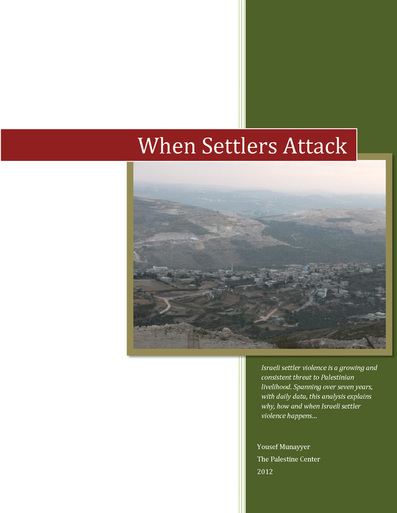
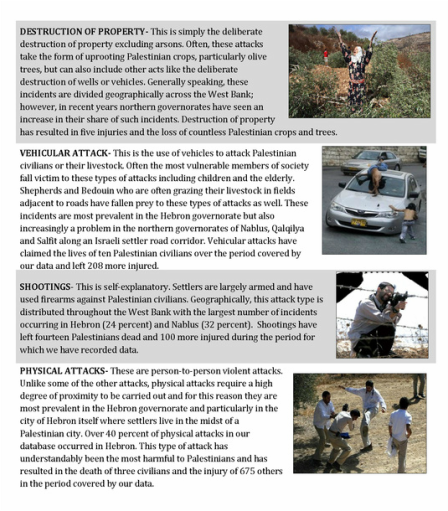
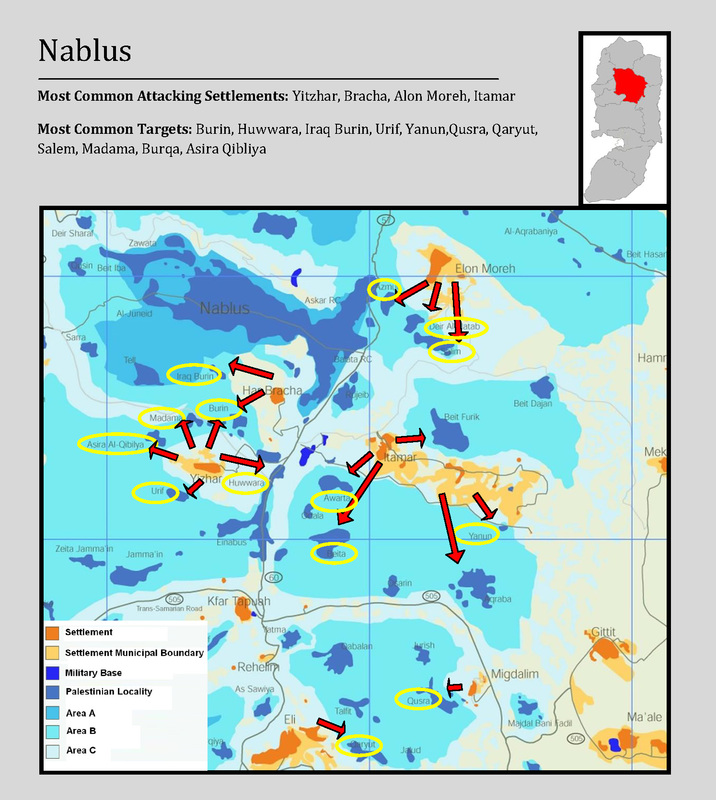
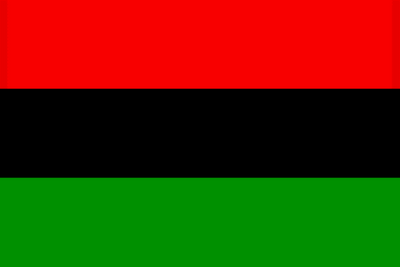
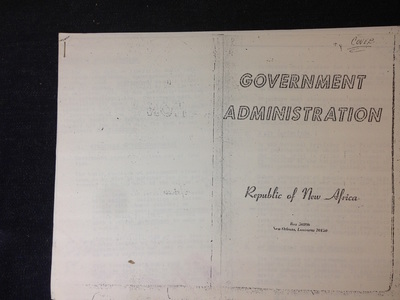
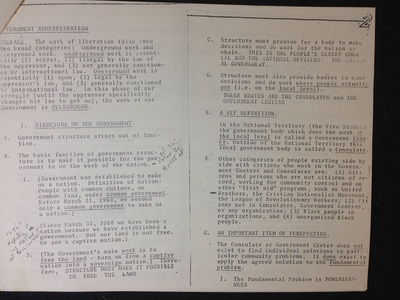
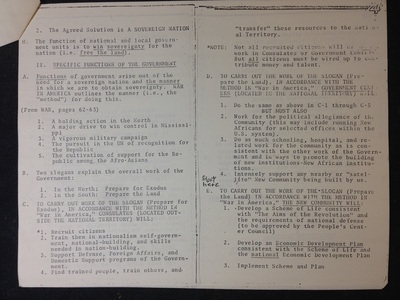
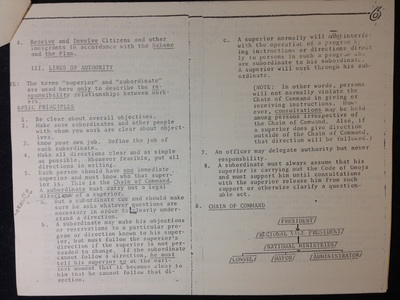
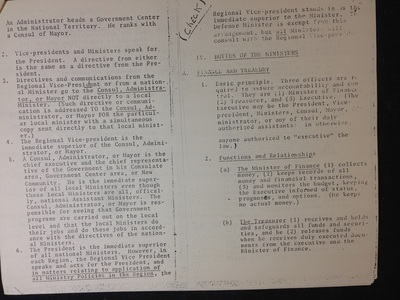

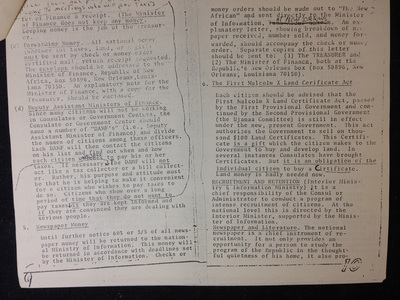
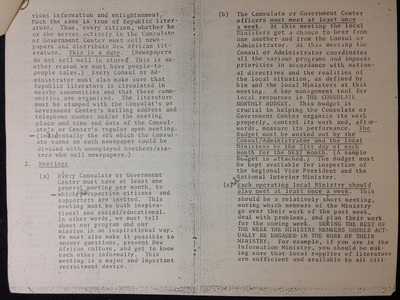
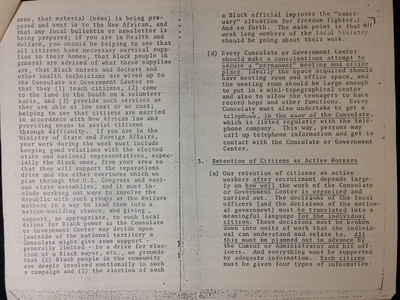
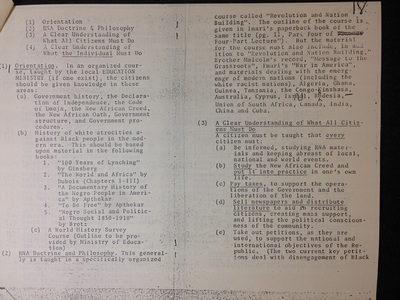
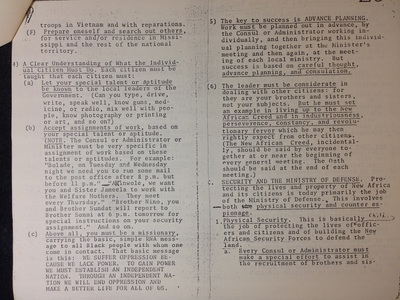
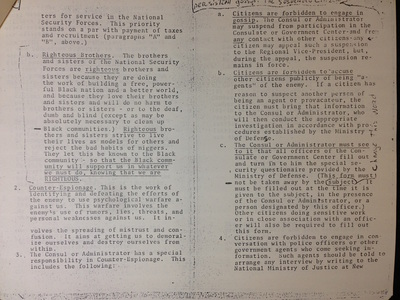
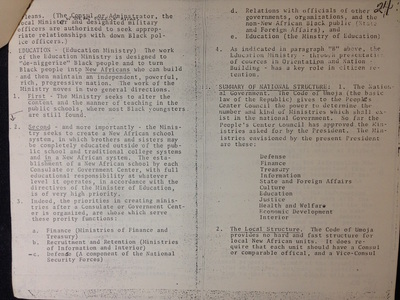
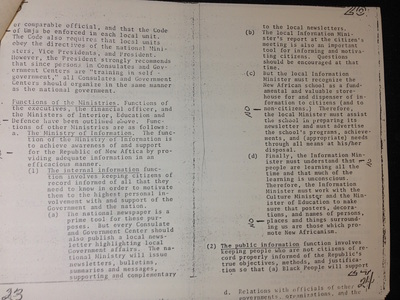
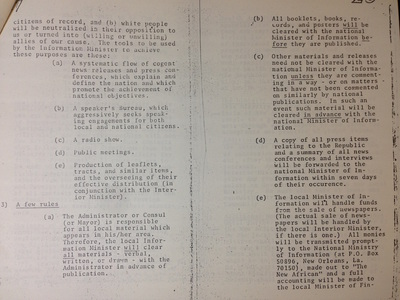
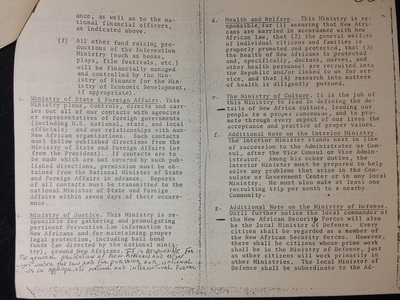
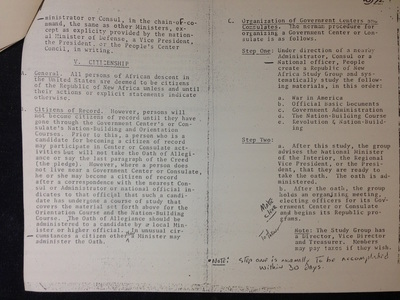
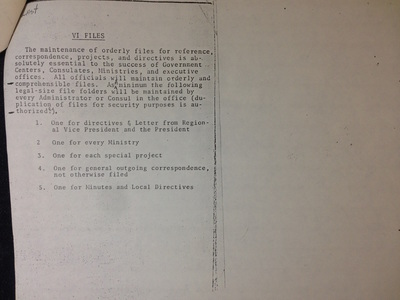
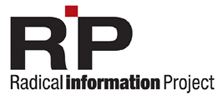
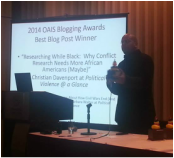
 RSS Feed
RSS Feed
